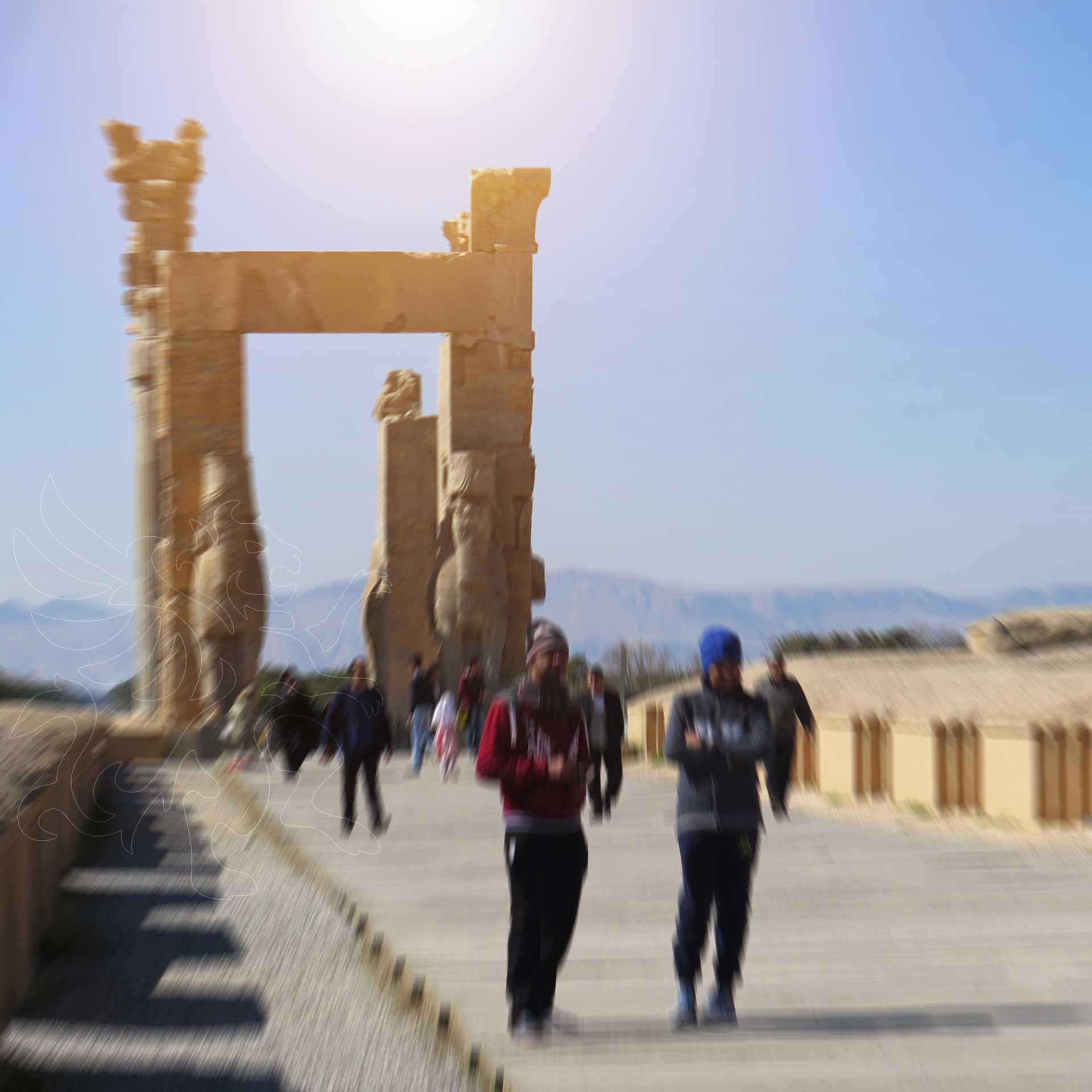English for Tourism | Practical English Courses for Travel, Hospitality & Guiding
English for tourism is your gateway to global success in the travel industry. Our practical courses cover hotel, restaurant, airport, and tour guide communication skills, perfect for professionals seeking international growth.
English for Tourism | Practical Training for Success in the Travel Industry
Why Is English for Tourism Important?
Today, tourism is one of the largest and most profitable industries worldwide. Tourists from various countries travel globally, and English is the standard language for most of them. English for tourism is essential not only for tour guides but also for hotel staff, restaurants, airport personnel, and even taxi drivers. If you work in this industry, learning English helps you communicate easily with international visitors and provide better service. It also boosts your confidence and opens the door to better job opportunities.
What Skills Are Needed in English for Tourism?
In English, basic vocabulary alone is not enough for tourism. You must master professional expressions, both formal and informal structures, and tourism-specific speaking skills. For example, greeting guests, directing them to attractions, or responding to complaints requires specialized English. Listening skills are also critical for understanding different accents. Also, please explain hotel bookings, flights, and activity reservations.
Key Vocabulary in English for Tourism
Learning essential vocabulary is a crucial part of any English for tourism course. Words like reservation, check-in, sightseeing, itinerary, tourist attractions, guide, hospitality, and many others should become second nature. Courses focus on the most frequently used vocabulary in tourism environments. Even understanding differences between British and American English helps, such as elevator vs. lift or vacation vs. holiday. Repetition and daily use of these words will improve your fluency.
English Training for Hotel and Restaurant Staff
If you work in a hotel or restaurant, mastering English for tourism can significantly enhance the guest experience. Courteous interaction, menu introduction, explaining amenities, and responding to requests require polite and accurate language. You should know how to say: “Would you like to try our signature dish?” or “I’ll have housekeeping bring you fresh towels right away.” These professional phrases create a positive impression and increase customer satisfaction.
English for Tour Guides
Tour guides play a key role in the tourism industry. They must communicate historical, cultural, and geographical information clearly and engagingly. Specialized English courses for tour guides focus on storytelling, polite humor, handling tourist questions, and even group management. Phrases like “This palace was built in the 16th century...” or “Let me tell you a fascinating story about this monument” should be spoken with fluency and the right tone. These skills can only be developed through targeted training.

Specialized English Courses for the Tourism Industry
Attending a specialized training program is essential to becoming fluent in English for tourism. These courses typically include practical vocabulary, real-life dialogues, common scenarios, and role-playing activities. Students learn to interact in real settings such as airports, hotels, city tours, and cultural events. Many courses also provide internationally recognized certificates, boosting your resume and opening doors to local and international job opportunities.
How to Learn English for Tourism Quickly and Effectively
To learn English for tourism efficiently, you should use modern learning tools. Listening to YouTube videos and tourism podcasts, using interactive apps, and playing educational games can all be very effective. I would highly recommend that you practice daily in real-life situations. Even if you're working, you can choose flexible online courses. Consistency, daily effort, and motivation are the key ingredients to mastering specialized tourism English.
English for Tourism: The Key to Success in a Global Industry
If you aim to advance in tourism, hospitality, or travel services, learning English for tourism is essential. This skill not only makes you more professional, but it also opens new career opportunities both inside and outside your country. With specialized language skills, your service quality improves, customer satisfaction increases, and your position in the competitive job market is strengthened. So, if you care about your future, start your journey to mastering English for the tourism industry today.






